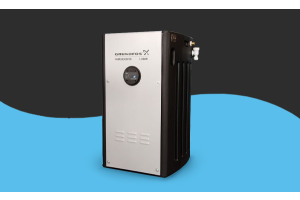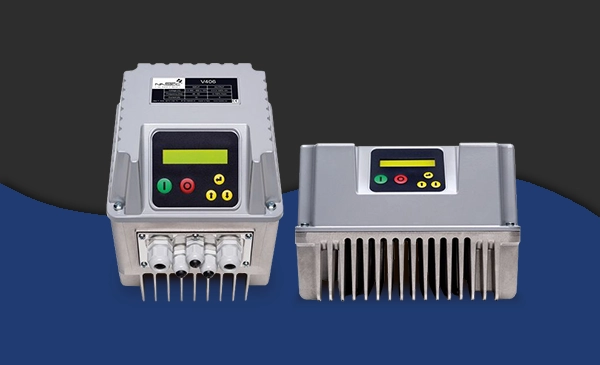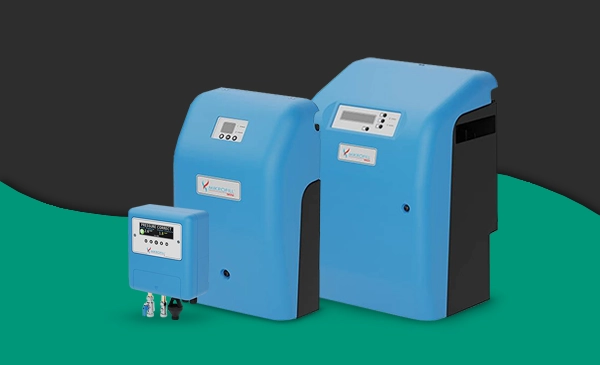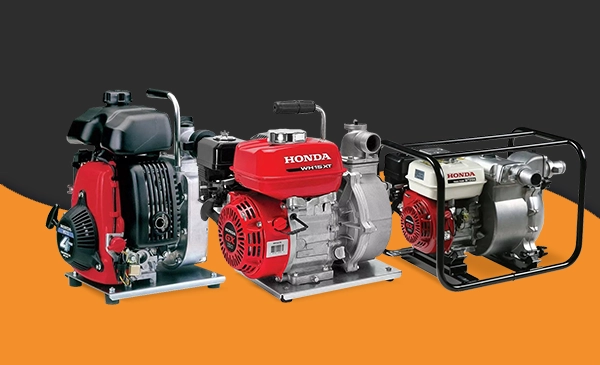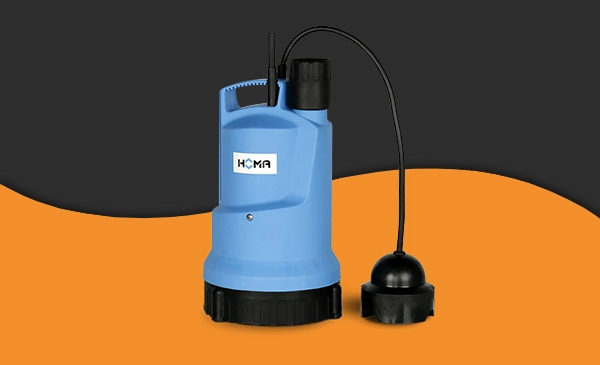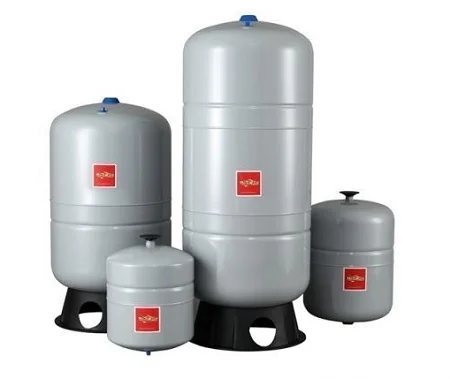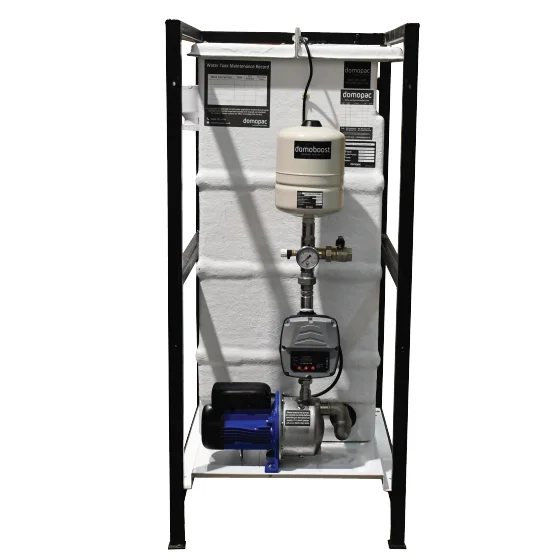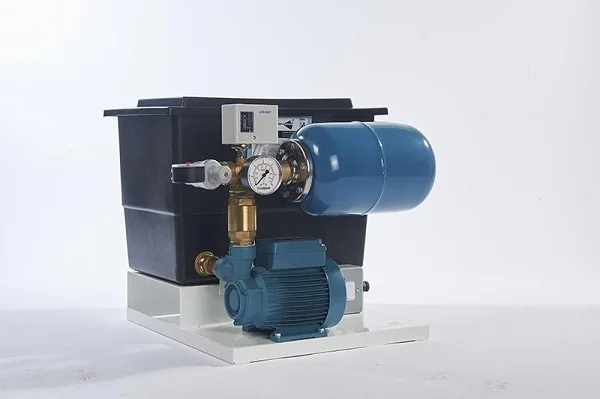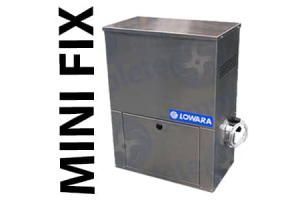New Magnet Technology to Improve Water Pump Efficiency
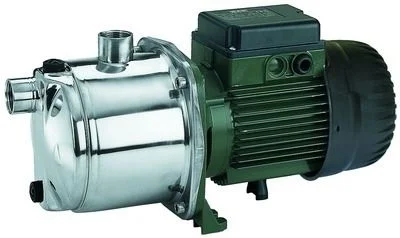
The developed world is incredibly reliant upon water pump technology with a significant amount of all energy generated used by water pumping units. More than 50% of all energy generated is used by electrical motors with a significant amount of this used by water pumps. This means advanced technology improving the efficiency of water pump technology could lead to significantly reduced energy consumption across the globe.
Although water pumps have developed incredibly since the Archimedes turn screw, engineers are still innovating new technologies to optimise the efficiency of the water pump in a bid to reduce energy consumption and overall costs.
The University of Adelaide have dedicated a team of engineers and researchers to the task of improving the efficiency of the modern water pump using new magnetic materials. These new pumps could be used in a wide range of different applications.
Lead researcher from the University of Adelaide, Associate Professor Nesimi Ertugrul, explained: “In the developed world, more than 50% of all energy generated is used by electrical motors. This leaves a lot of room for efficiency gains.
“A significant portion of these motors are used to drive water pumps. They are invisible, but used everywhere – in pools, vehicles, boats, irrigation and industry. For example, large buildings have multiple water pumps and every swimming pool has at least one water pump which runs for several hours a day, consuming a large amount of electrical energy.”
The new magnetic materials being used, Soft Magnetic Composite and Amorphous Magnetic Material, have already demonstrated a 90% energy efficiency when used in small motors connected to water pumps. This is an improvement on the average 60-70% energy efficiency of conventional electrical motors.
A 20-30% improvement in motor efficiency will greatly benefit water pumps and their wide range of applications – helping to lower the costs of running these water pumps and providing significant environmental benefits.
As well as saving energy, the new technologies will help motors powering water pumps save space.
Ertugrul continued: “Currently all commercial motors are made by pressing very thin metal sheets of silicon iron together and then stamping out the shape of the stator from the metal. This process is wasteful of the metal sheeting, and also limits the best use of available space for the copper wire needed in motors.
“We’ve produced new stators using SMC with no need for machining, no scrap metal and improved space utilisation for copper wire for greater power output.”
The projects led by the University of Adelaide are currently seeking commercial partnerships to extend the new technologies to the marketplace, allowing water pumps of all applications to benefit from the improved energy efficiency.
At Complete Pump Supplies, we are dedicated to helping improve the efficacy and efficiency of water features and services. Visit our homepage or call our expert team on 0333 323 2329 to discover how we could help you improve your water efficiency.




